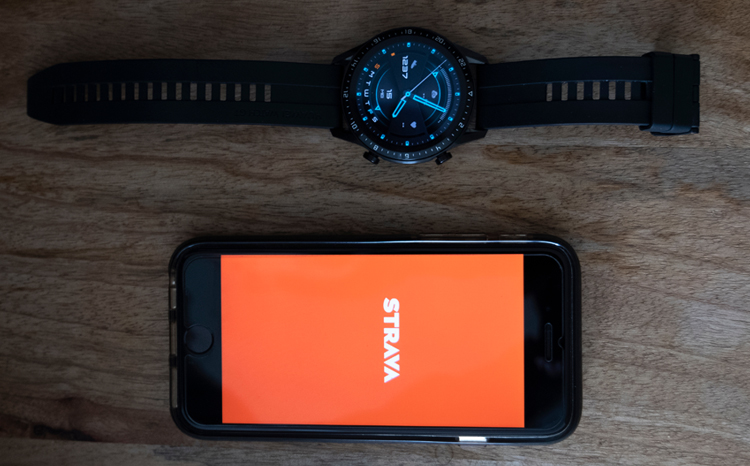CfH poll reveals gaps in staff knowledge of NPfIT
- 9 September 2005
Connecting for Health has announced the results of its own poll among NHS clinicians and managers and allied health professionals into perceptions, opinions and hopes and fears for the National Programme for IT, which has revealed there are still wide differences between clinicians and managers about the awareness of the programme.
Front-line staff showed the least awareness of the National Programme for IT; 37% of doctors and 51% of nurses had either never heard of the programme, or heard its name without having it explained to them. Overall, 15% of staff said they had never come across NPfIT before.
On the other hand, and unsurprisingly, IM&T managers tended to be the most knowledgeable, with 98% of them saying they know a fair amount or a great deal about the programme.
The gaps between primary care clinicians and other areas were also apparent from the survey. 24% of GPs and 19% of primary care nurses told pollsters that they knew at least a fair amount about the IT upgrades.
In the Southern cluster, where IDX was removed as the contractor for the core clinical solution at the end of June and replaced by Cerner, the level of knowledge of NPfIT was the lowest; 86% of nurses and 68% of practice managers and hospital administrators said they knew little or nothing. The poll showed that the highest knowledge in the country was held in the North East.
When staff were asked to say whether they viewed NPfIT favourably or unfavourably towards the National Programme for IT, 45% professed themselves favourable (10% of which said they were ‘very favourable’), and 21% said they were unfavourable to some degree. 8% said they didn’t know.
The more familiar staff were with the programme, the more they thought it would be difficult to implement. 94% of senior NHS managers, who were more familiar with the programme, said that it would be difficult to implement, compared with 75% of their less senior colleagues and 64% of hospital administrators.
According to MORI, who carried out the telephone poll of 1,223 NHS staff, between June and July this year, the results of the survey were generally positive for CfH but indicated there was more work to be done.
"Overall, this first wave of research is positive. It suggests that there is broad support across the service for what NHS Connecting for Health is trying to achieve through NPfIT.
"The challenge will be in managing expectations during roll out, while also clearly setting out what the new services will deliver, when, and the benefits they offer both managerial and medical staff – and patients.
"This presents NHS CfH with a challenge given the volume of other initiatives underway in the service, and is probably, in MORI’s view, as important as making the technology itself work."
There appears a positive relationship between the amount of knowledge of the programme and how favourable people were towards it. At the top end of this scale there was a high level of optimism and knowledge among IM&T managers.
Doctors, including GPs and hospital doctors, were the least favourable; only 32% of those responded said they liked what they had seen from NPfIT so far. Nevertheless, they were also reasonably optimistic, with 67% saying they thought NPfIT would bring them benefits in the future.
When staff were asked about the reasons behind their unfavourable ratings, doctors said they were concerned about lack of input, and nurses said they were worried about lack of training, slowness of rollout and confidentiality. NHS managers were most concerned about implementation dates not being met.
The survey also analysed awareness of the different deliverables due from the national programme. Out of all of the aspects for NPfIT, the one that showed the least awareness among staff was N3, the new NHS broadband network. Predictably,IM&T managers were the most knowledgeable about N3 with 53% saying they knew a great deal about the project.
Awareness of Choose and Book was generally high among administrators and practice managers, although 35% of all doctors surveyed thought they wouldn’t use it. NHS managers were most favourable towards the service, although they confessed that they were least likely to use it.
Communication between CfH and clinicians and managers was also surveyed. 40% of doctors and 46% of nurses said that the information supplied to them by CfH had been fairly or very useful. Among managers the IM&T specialists were most satisfied with 75% finding the NPfIT information useful. General NHS managers (63%) and practice managers and administrators (58%) were less likely to be happy with the information they had seen and heard.
MORI suggests that front-line staff need to have their own communications channels set up and have the information they need directed at them: "Communication with front line staff, in particular with nurses and doctors, should be increased in volume and looked at in terms of content to ensure it matches the needs of these staff groups."
The results mirror those of previous polls, not commissioned by CfH, that show general approval but a lack of knowledge and engagement among NHS staff for the programme.
The full results of the poll can be downloaded here [PDF, 750K] and a summary is available here. [PDF, 150K]




